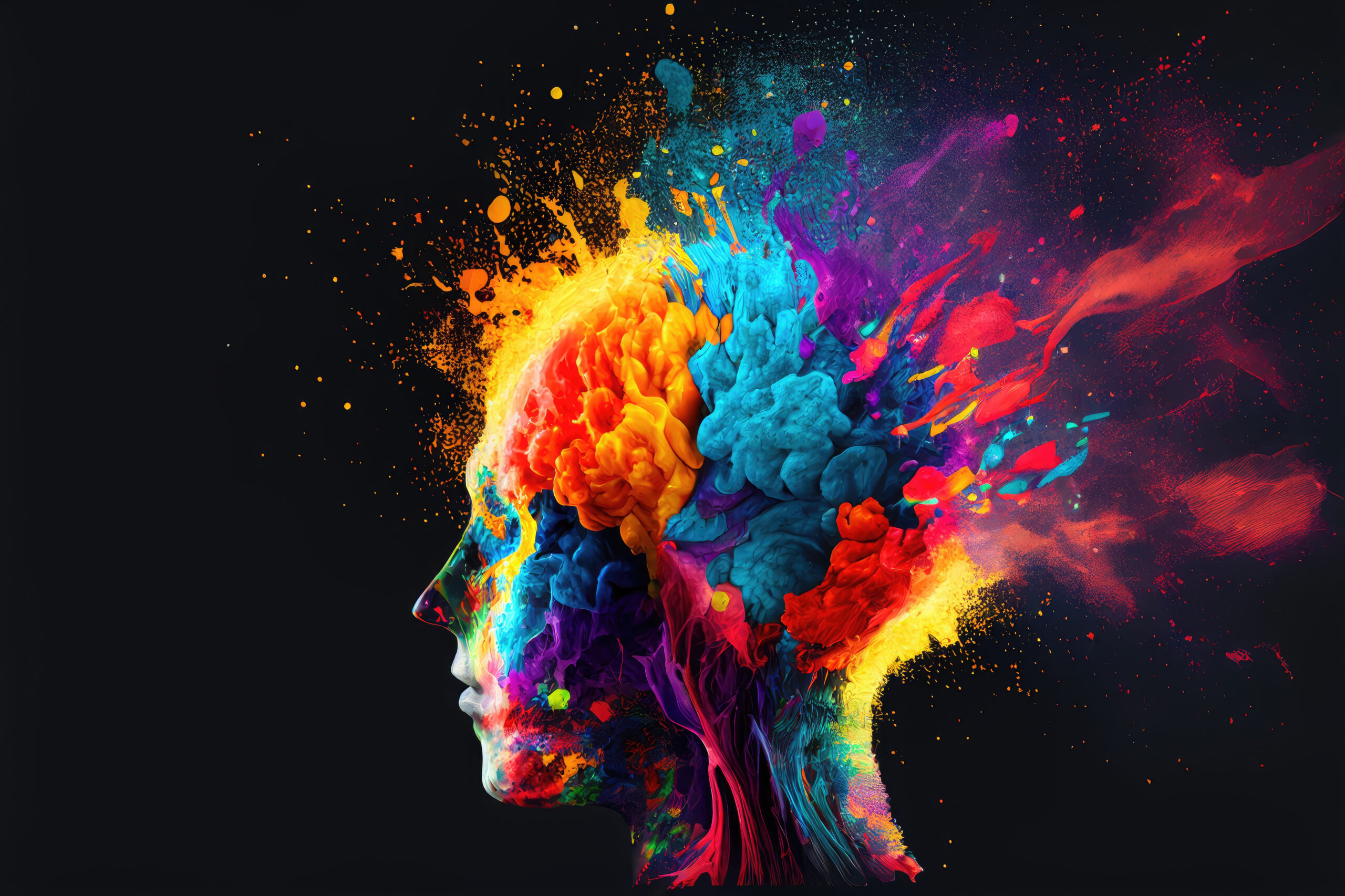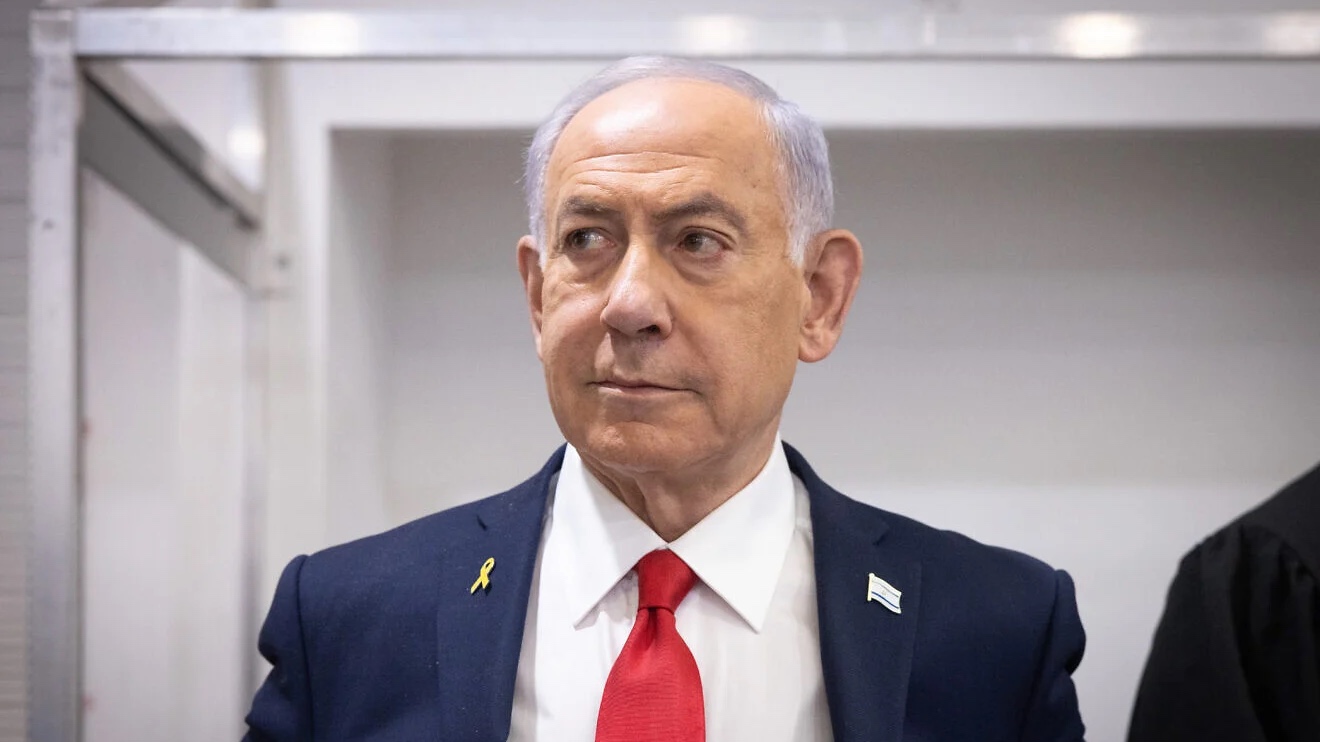A new study sheds surprising light on the psychological stress following October 7th and the potential influence of mind-altering substances. Three weeks after the attack on the Nova Festival, scientists at Reichman University began an unusual study: How did drug use—particularly psychedelic substances—affect the mental health of survivors?
The study was peer-reviewed and published in the Journal of Psychopharmacology. It found that individuals who had consumed LSD, psilocybin (from hallucinogenic mushrooms), or mescaline showed significantly lower levels of anxiety and post-traumatic symptoms than others. The result: Survivors who were under the influence of traditional psychedelics during the attack reported significantly lower levels of anxiety and post-traumatic reactions compared to those who had consumed MDMA (3,4-methylenedioxy-N-methylamphetamine) or no psychedelics at all.
The study included 343 survivors aged 18 to 64 – men and women who had consumed psychoactive substances between one and five hours before the attack: 133 used cannabis, 147 alcohol, 124 MDMA, and 57 traditional psychedelics. Participants completed standardized questionnaires, including the internationally recognized GAD-7 anxiety assessment tool.
The subjects were divided into three groups: those who used traditional psychedelics, those who used MDMA, and a control group without psychedelic substances. Factors such as age, gender, and previous mental health conditions were also taken into account.
The average anxiety score was 1.90 – but only 1.38 for both male and female psychedelic substance users. Differences were also found in posttraumatic stress: the mean was 3.27, compared to only 2.83 for the psychedelic group. What is particularly striking is that the calming effect was particularly evident in those who had not taken any other drugs such as alcohol or cannabis.

In contrast to previous studies, MDMA showed no significant effect on reducing psychological distress in this case. This raises new questions – and at the same time opens the door for further research.
“This is a remarkable finding,” says Dr. Zohar Rubinstein, one of the study’s principal investigators. Psychedelic substances could, at least under certain circumstances, exert a protective effect against acute trauma. However, Rubinstein cautions against premature conclusions: The data are based on self-reports, and the substances were consumed in an uncontrolled environment – dosage, purity, and exact composition remain unknown.
Nevertheless, Rubinstein sees the Nova Festival as a unique “natural laboratory” – a place where extreme psychological distress and psychedelic experiences overlapped in unprecedented ways. The study marks a rare moment in which research is approaching a complex, multifaceted topic directly from real-life perspectives.
The researchers hope that their findings will help critically question traditional notions about mind-altering substances. “Especially in the context of trauma and therapy, we must be open to exploring new avenues – without losing sight of scientific rigor and ethical responsibility,” Rubinstein emphasizes. As impressive as the results may be, they do not represent a free pass for the uncontrolled use of psychedelic drugs. Rather, they could provide impetus for the development of therapeutic approaches in which the targeted, controlled use of such substances could one day be part of integrative treatment models.

The study from Reichman University sheds light on a previously under-researched interface between mind-altering substances and acute trauma. It demonstrates that the study of psychedelics is not necessarily a marginal topic, but rather a building block on the path to a deeper understanding of human resilience.
Contributors to the study were Dr. Einat Karp-Barnir, Prof. Mario Mikulincer, Prof. Shaul Lev-Ran (Tel Aviv University), and Dr. Lia Naor (University of Haifa).
The Journal of Psychopharmacology is a renowned scientific journal dedicated to researching the effects of psychoactive substances on the psyche, behavior, and brain, and is frequently cited in studies on the therapeutic use of substances such as MDMA for PTSD (post-traumatic stress disorder).
Want more news from Israel?
Click Here to sign up for our FREE daily email updates














